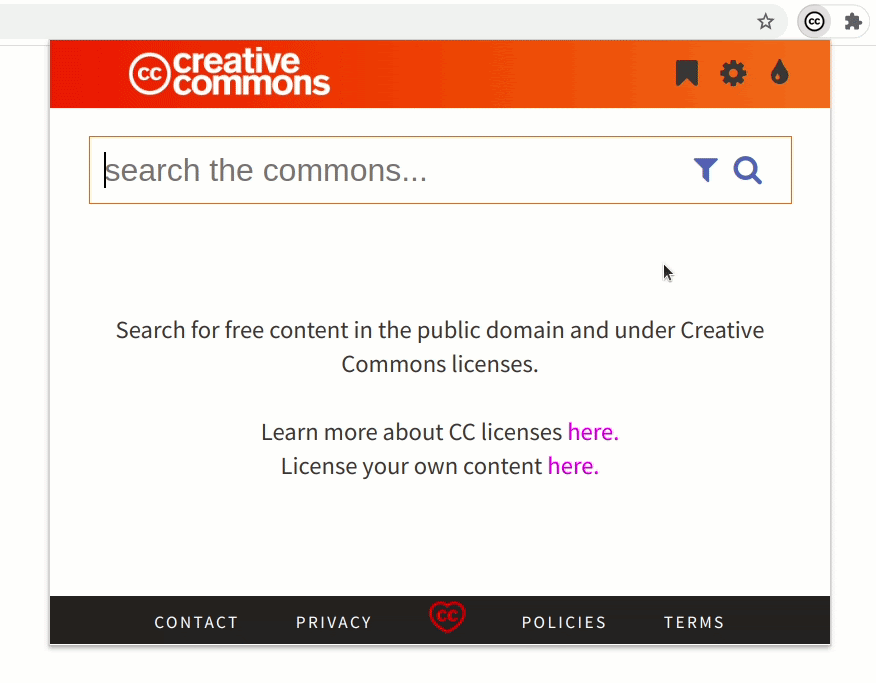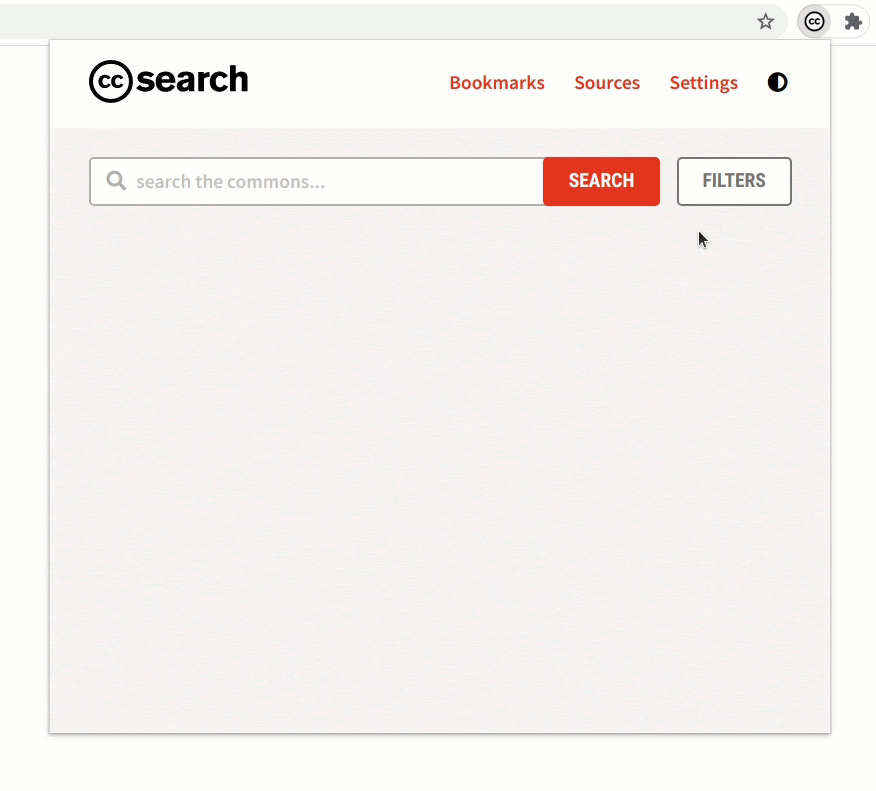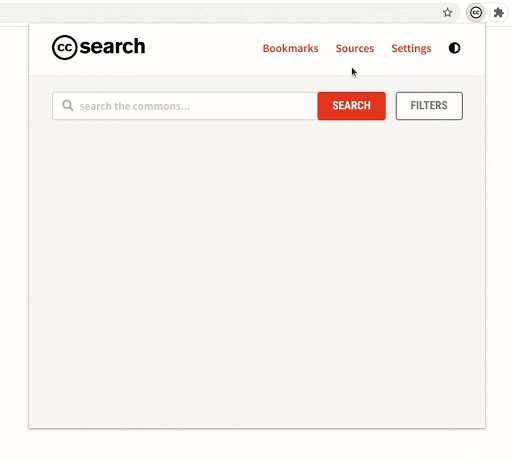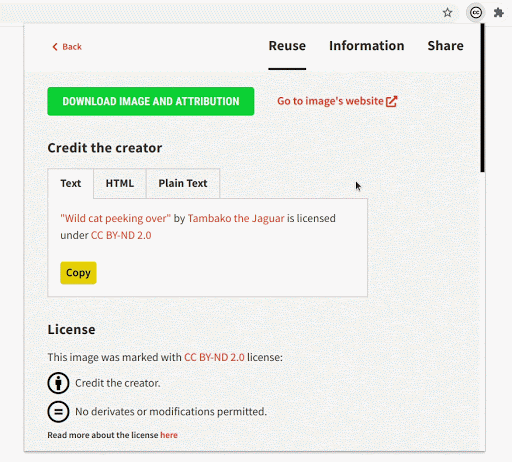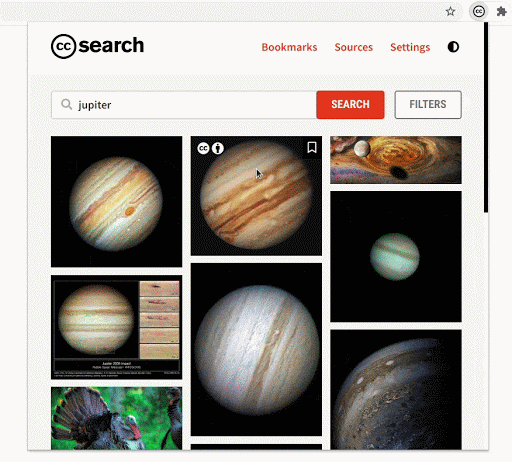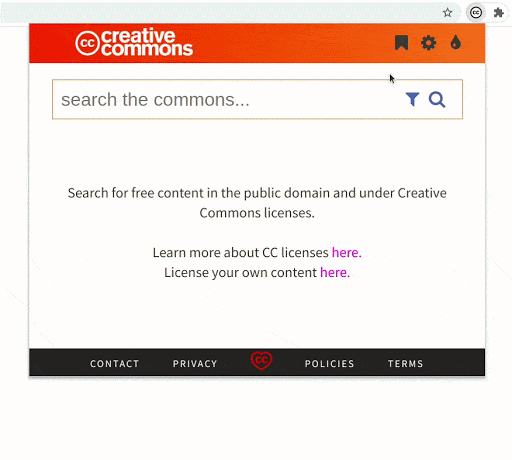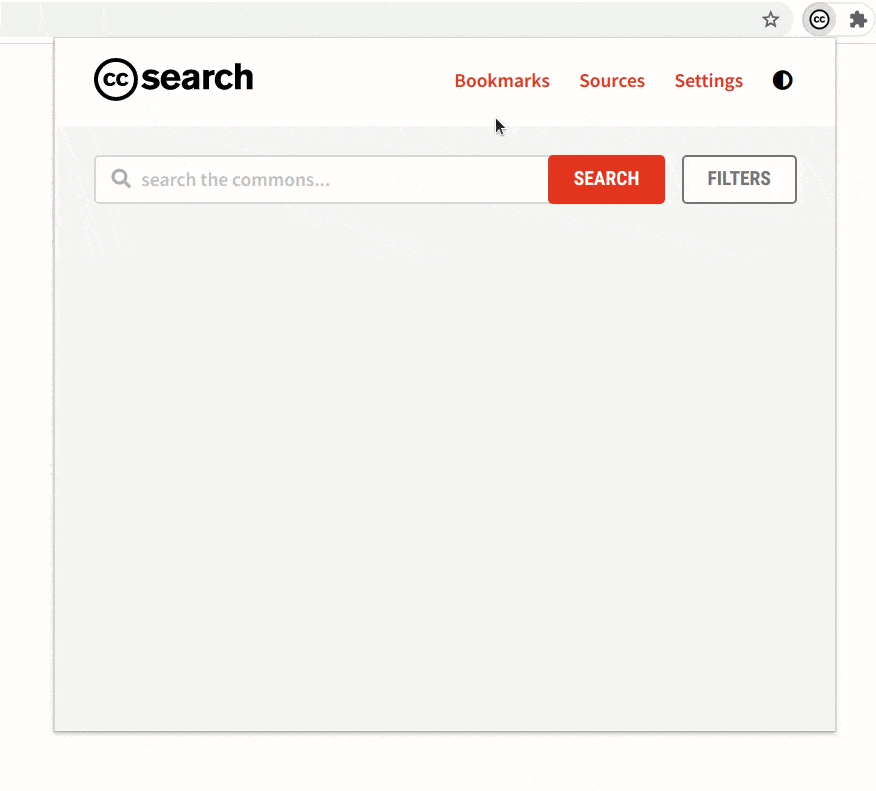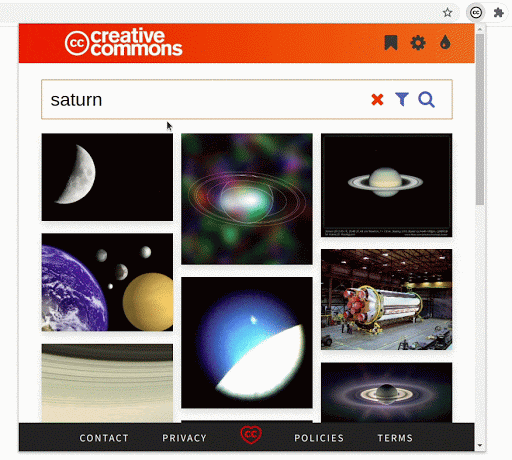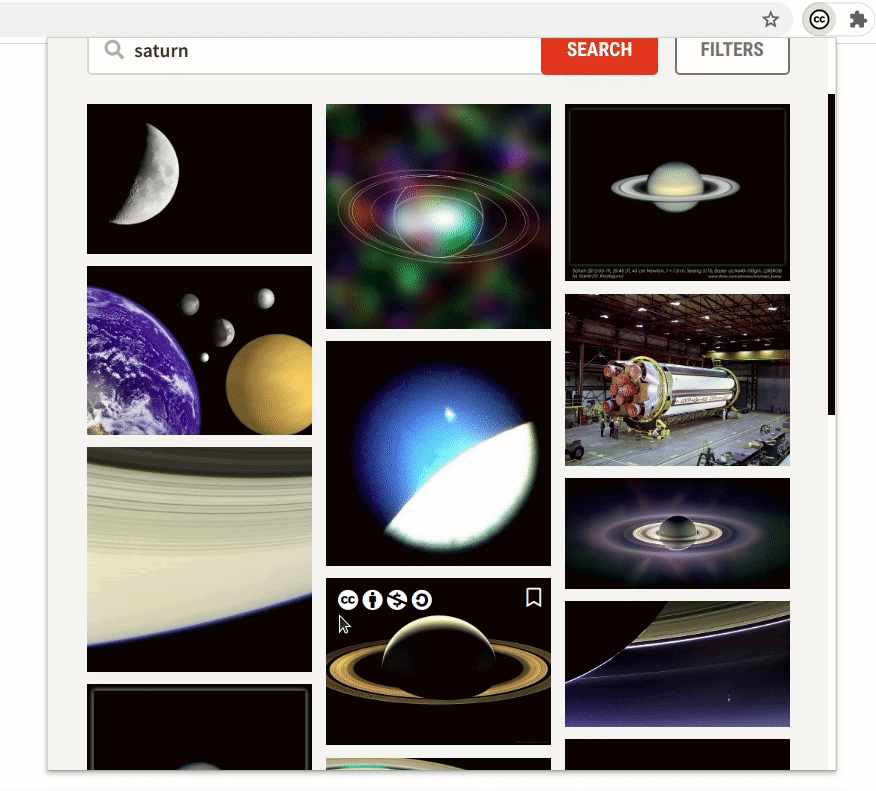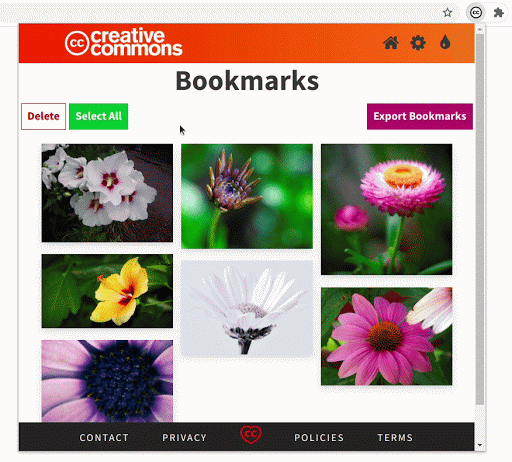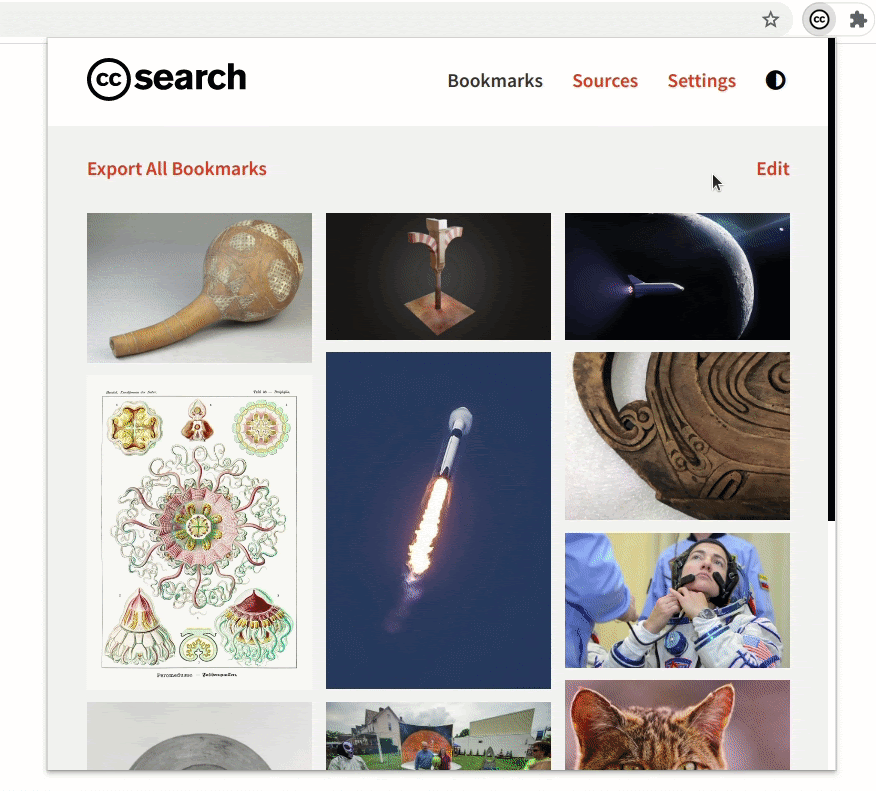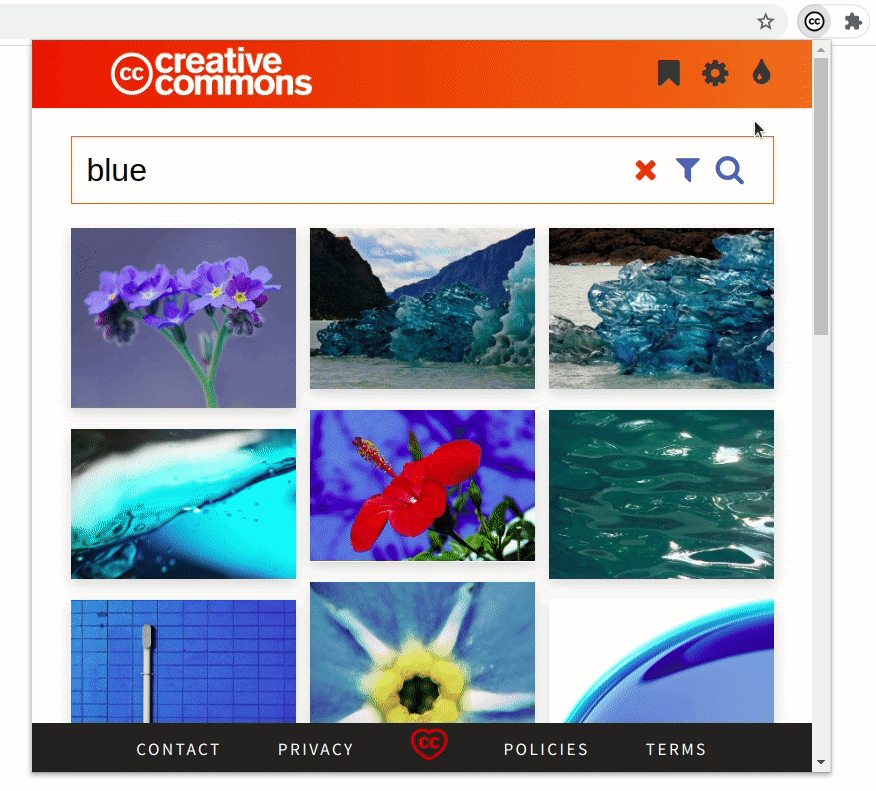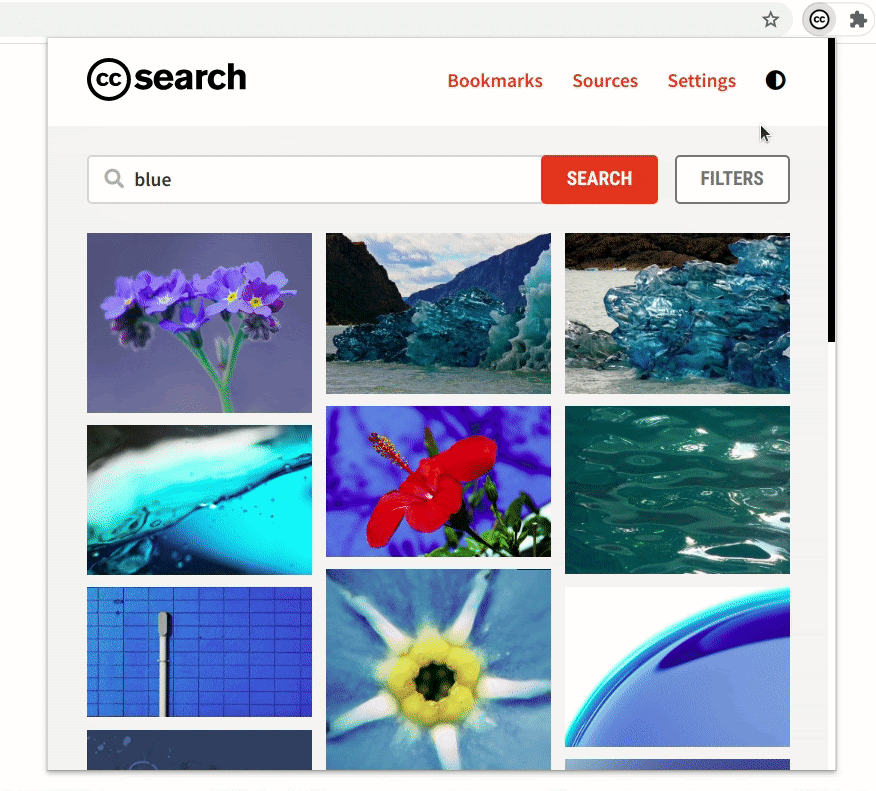Creative Commons Joins the American University’s Efforts to Promote the International Right to Research
mercredi 9 décembre 2020 à 20:31American University Washington College of Law (AUWCL) has received a three-year grant of $3.8 million from Arcadia, a charitable fund of Lisbet Rausing and Peter Baldwin, for its Program on Information Justice and Intellectual Property (PIJIP). The project will study changes needed in international copyright policy to ensure equity in the production of and access to research.
“The COVID pandemic has cast a bright light on inequities in the global research system that restrictive copyright laws perpetuate,” said Professor Sean Flynn, director of the Program on Information Justice and Intellectual Property and the project’s principal investigator. “In many countries, library resources, for example, can only be used ‘on the premises’ of that institution. Use of educational materials is often restricted to use ‘in a classroom.’ Our goal is to promote a system in which every researcher, every student, and every citizen of every country has the ability to engage in modern research activity and enjoy its products, including across borders and utilizing online tools.”
The project will support a network of access to knowledge civil society organizations to form and lead national and regional coalitions of researchers and the institutions that support them. Each coalition will engage in collaborative research projects and facilitate the sharing of research outcomes in their countries and regions.
Creative Commons will join the Steering Committee, alongside several other organizations, with the goal of driving change in international copyright policy to ensure equity in the production of and access to research.
“We are thrilled to be part of the Arcadia-funded project and contribute to spurring change in international copyright policy,” said CC’s CEO Catherine Stihler. “At Creative Commons, we strive to foster the production, open access and open sharing of research in ways that serve the public interest and we look forward to pursuing this objective in collaboration with other project partners.”
Read the full press release from the AUWCL here.
The post Creative Commons Joins the American University’s Efforts to Promote the International Right to Research appeared first on Creative Commons.
